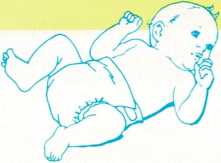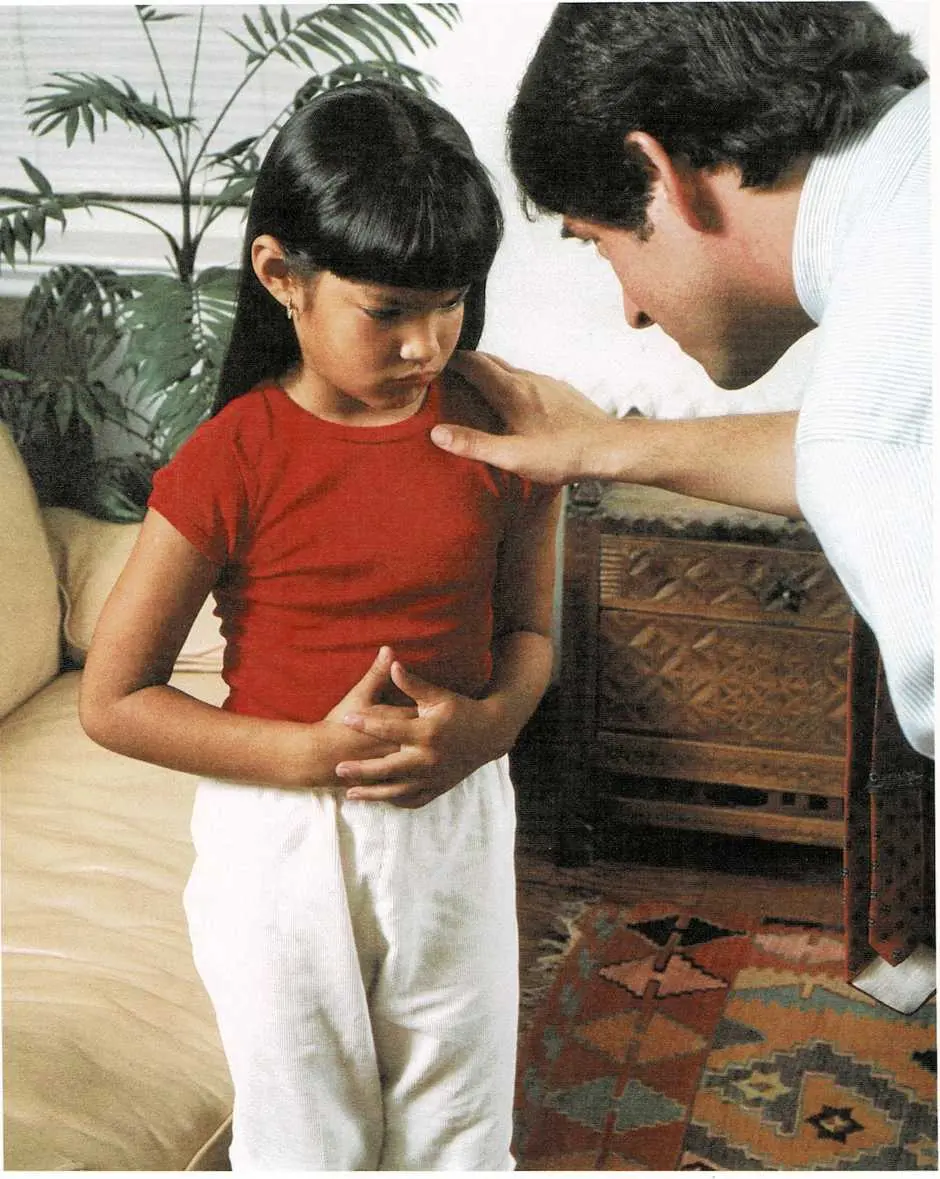Common illnesses and conditions
In the first years of life, the stomach and intestines may be very
sensitive to any change in children’s health. Some infants vomit or have
diarrhea with almost every illness—colds, earaches, intestinal
infections, or more serious illnesses. The younger the infant, the more
serious vomiting and diarrhea may be. Rapid losses of body fluids by
vomiting and diarrhea can cause dehydration, which, if severe enough,
may require hospitalization and intravenous feedings to restore fluids.
Most infants have between 3 and 8 small bowel movements a day of soft,
pasty stool.
This is not diarrhea. Diarrhea is an intestinal disorder marked by
frequent, loose, watery bowel movements. Sometimes diarrhea develops
from too much sugar, too much liquid, or too concentrated a formula. Too
little sugar, too dilute a formula, or too little liquid can cause dry,
hard stools (constipation). If you breast-feed, be cautious of your
diet. Foods that cause diarrhea or gas in the mother are likely to have
the same effect on the baby.
If diarrhea occurs without vomiting, follow these measures.
Do not feed the baby any fruits, meats, or vegetables.
If you are breast-feeding, try to find out what food in your diet is
causing the diarrhea, and stop eating that food.
If you are bottle-feeding, your doctor may recommend using a ready-made
preparation of water with electrolytes that may be needed to replenish
those lost in the diarrheal stool.
Some physicians recommend that you continue feeding the baby “through
the diarrhea”; others will recommend eliminating
Here are a few of the common illnesses and conditions you may encounter
during your baby’s first 18 months. Each illness or condition is
discussed in detail in a separate article in the Medical Guide.
Illness Symptoms
Colds Trouble eating, stuffy nose
Colic Crying; hard, flat, or
distended abdomen; gas
Cradle cap Whitish scales on the scalp; yellow, greasy crust on the
scalp
Diaper rash Red pimples and irritation in the diaper area
Earache Fever, irritability, pulling or rubbing at ears, crying when
moved, turning head from side to side
Eczema Itching rash, usually on the cheeks, inside of elbows, and
back of knees
Hernia A bulge in groin
Prickly heat Pink rash, most noticeable
in the folds of the skin
Roseola Fever, faint rash
infantum

milk and milk products for several days to weeks after an episode of
diarrhea.
Give the baby diluted weak tea, broth or clear soups, liquid gelatin,
flat ginger ale, or other clear fluids alternately with the special milk
feedings. If your baby is still hungi’y, give him or her rice cereal,
mashed bananas, and applesauce.
If vomiting occurs alone or complicates the diarrhea, limit feedings to
less than an ounce at a time. If vomiting or diarrhea lasts beyond 6 to
12 hours, call your doctor.
(For more information, see the separate articles on Diarrhea, Vomiting,
and Dehydration in the Medical Guide.)

